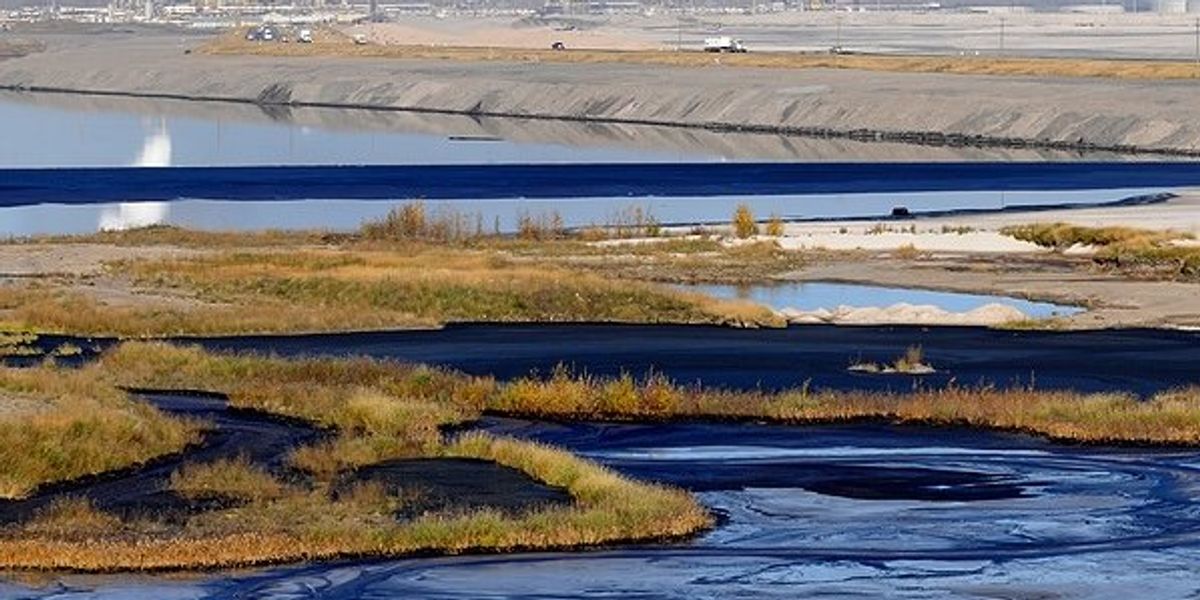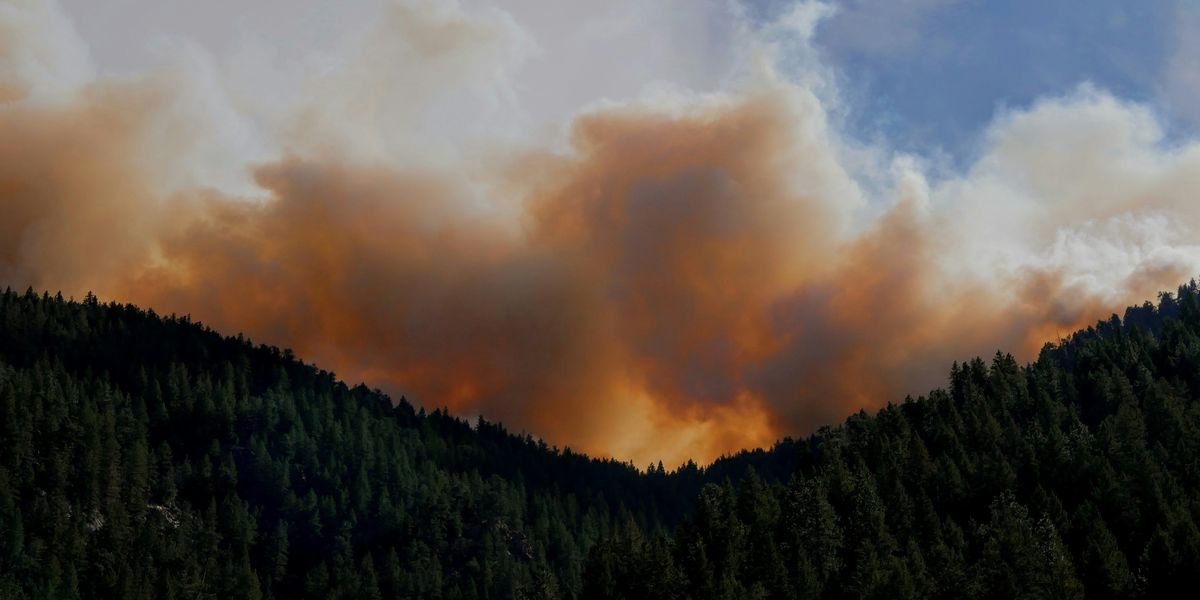mongolia
Mongolia grapples with devastating winter, endangering livestock and nomadic traditions
Mongolia's nomadic herders face unprecedented losses as extreme winter conditions kill more than 2 million animals, highlighting the increasing threat of climate change.
In short:
- A phenomenon known as "dzud" brings lethal winters to Mongolia, killing millions of livestock essential for the nomadic lifestyle.
- The frequency of dzuds has increased, with six occurrences in the last decade, a change scientists link to climate change.
- The severe winters are causing significant economic hardship for herders, pushing thousands into poverty.
Key quote:
“It used to get warm right after the new year. Nowadays, it is getting even colder after Tsagaan Sar.”
— Tserenbadam G., a nomad in her 70s
Why this matters:
Traditionally, herding and farming communities across the globe have relied on predictable seasonal patterns to plan grazing, planting, and harvesting. However, the increasing unpredictability of winter weather, including more extreme weather events, is upending these practices.
Since 1960 about 21% of global agriculture production, including livestock, tree farming, and traditional crops such as corn and soybeans, has been negatively impacted by climate change, according to a 2021 study.
This pristine lake has endured for 2m years. Why are its fish in crisis?
Beneath the surface of one of the world’s oldest lakes in Mongolia, Hovsgol grayling, a species found nowhere else, are struggling to survive.
Dust, hail and bank loans: the Mongolian herders facing life without grass
The climate crisis is bringing more storms, colder winters and drier summers which is threatening to extinguish a whole way of life on the Mongolian steppes.
Clean energy's dirty secret: How push for modern technology has made Chinese pond toxic
As Earth warms, human history is melting away
On the move with Mongolia’s nomadic reindeer herders
Buried alive in Mongolia's worst sandstorms in a decade
A combination of extreme weather, climate change and environmental degradation have created the perfect storm – or rather, a series of eight cross-border sandstorms that have destroyed animal herds, exacerbated respiratory problems and cancelled flights in both Mongolia and China.



















